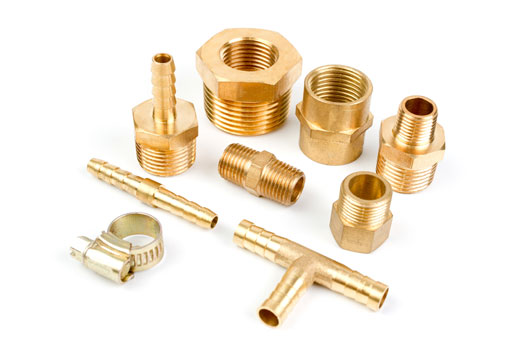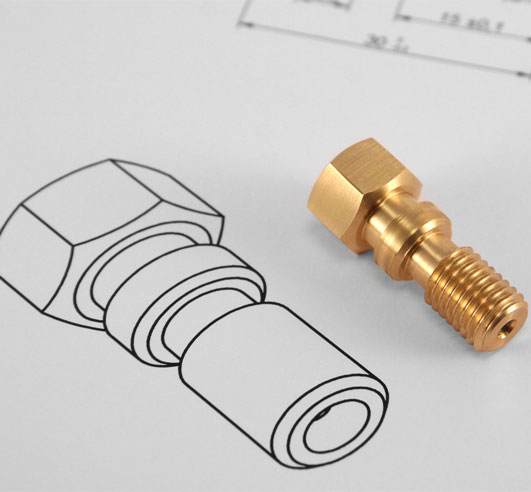Understanding the modern industrial production and manufacturing landscape requires a deep-dive into the techniques, technologies, and materials shaping it. One key methodology that stands at the forefront of this landscape is CNC machining, with specific reference to precision brass spinning parts. This blog aims to peel back the layers surrounding this sector, shedding light on their significance, applications, and benefits.
Understanding the Basics
Computer Numerical Control, or CNC, is a manufacturing process that leverages computer-generated directives to control intricate machining equipment, including grinders, mills, lathes, and routers. A branch of this process that warrants exploration is spinning, particularly brass spinning, renowned for its high precision and versatility.
Brass spinning, categorized under CNC metal spinning, is versatile in creating symmetrically circular or cylindrical parts. Brass, chosen for its superior machinability and aesthetic qualities, becomes the prime contender in markets that value precision, aesthetics, and durability.
Digging Deeper: Understanding Brass Spinning
Brass spinning uses a lathe to spin brass blanks at high speeds. While the spinning happens, a shaping tool - guided by a CNC machine- shapes the spinning brass into desired forms. The precision obtained through this method is top-tier, ensuring minimal material waste and high output consistency.
Why Brass?
Brass, a high-density yet malleable metal, stands out for several reasons. It offers exceptional corrosion resistance and electrical conductivity. It's very apt for miniaturization and ideal for detailed custom parts required in various sectors. This longevity and robustness position brass-made parts as cost-effective options in the long haul.
The Common Applications for CNC Precision Brass Spinning Parts
Brass parts find usage in a multitude of fields; from vintage lighting fixtures to musical instruments, watch components, and more. Particularly in sectors like liquid processing where corrosion resistance is crucial, brass-made parts are often the preferred choice.
The Benefits of CNC Precision Brass Spinning
In the world powered by demand for perfection, CNC precision brass spinning parts bring multiple benefits to the table. Foremost, the precision in manufacture and less material wastage minimizes costs. Companies leveraging CNC technology enjoy high-level consistency in output, ensuring constant product quality. Products made with brass are often stronger, and last longer under stress, making them both a durable and cost-effective choice.
Additionally, with modern advances, CNC machines can output work at a swift pace, meeting market demands rapidly without compromising on the quality of the parts produced.
The Future of CNC Precision Brass Spinning Parts
With continuous advancements in CNC technology, precision brass spinning parts will continue to evolve. By refining speed, accuracy, and even incorporating aspects of machine learning or AI, the possibilities within CNC precision brass spinning are truly vast.
What stands as a testament to the relevance is the overall industrial movement towards more sustainable operations. CNC brass spinning sector, with its precision-led operations and minimal wastage, is a clear example of sustainable industrial practices. It's a sector set to redefine manufacturing norms, showing us the true value and potential of precision.
And while we would typically draw conclusions here, we believe that with CNC precision brass spinning parts, it is only the beginning. Just as the tools keep turning, so too does the advance of this influential and transformative aspect of manufacturing technology.
cnc precision brass spinning parts







